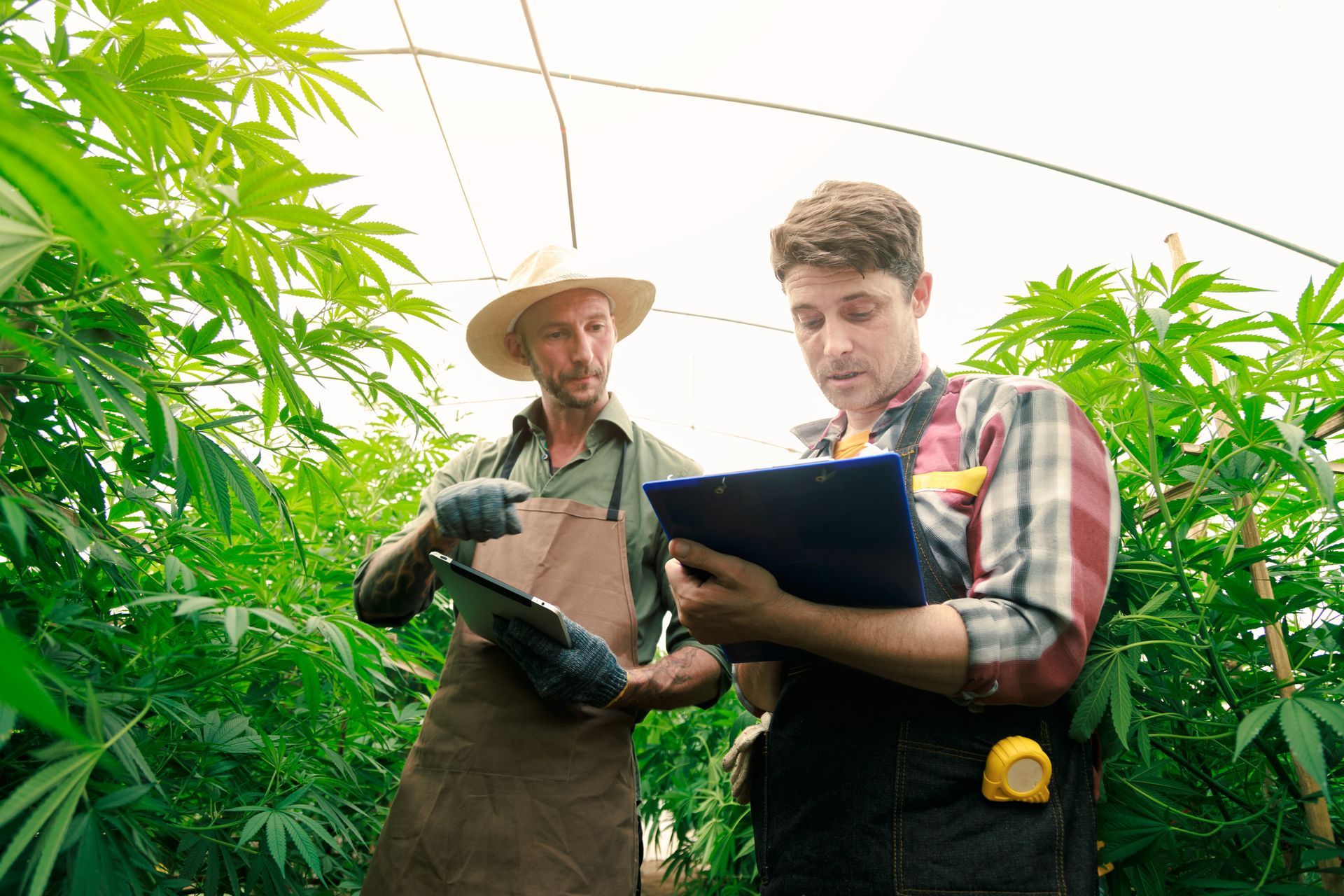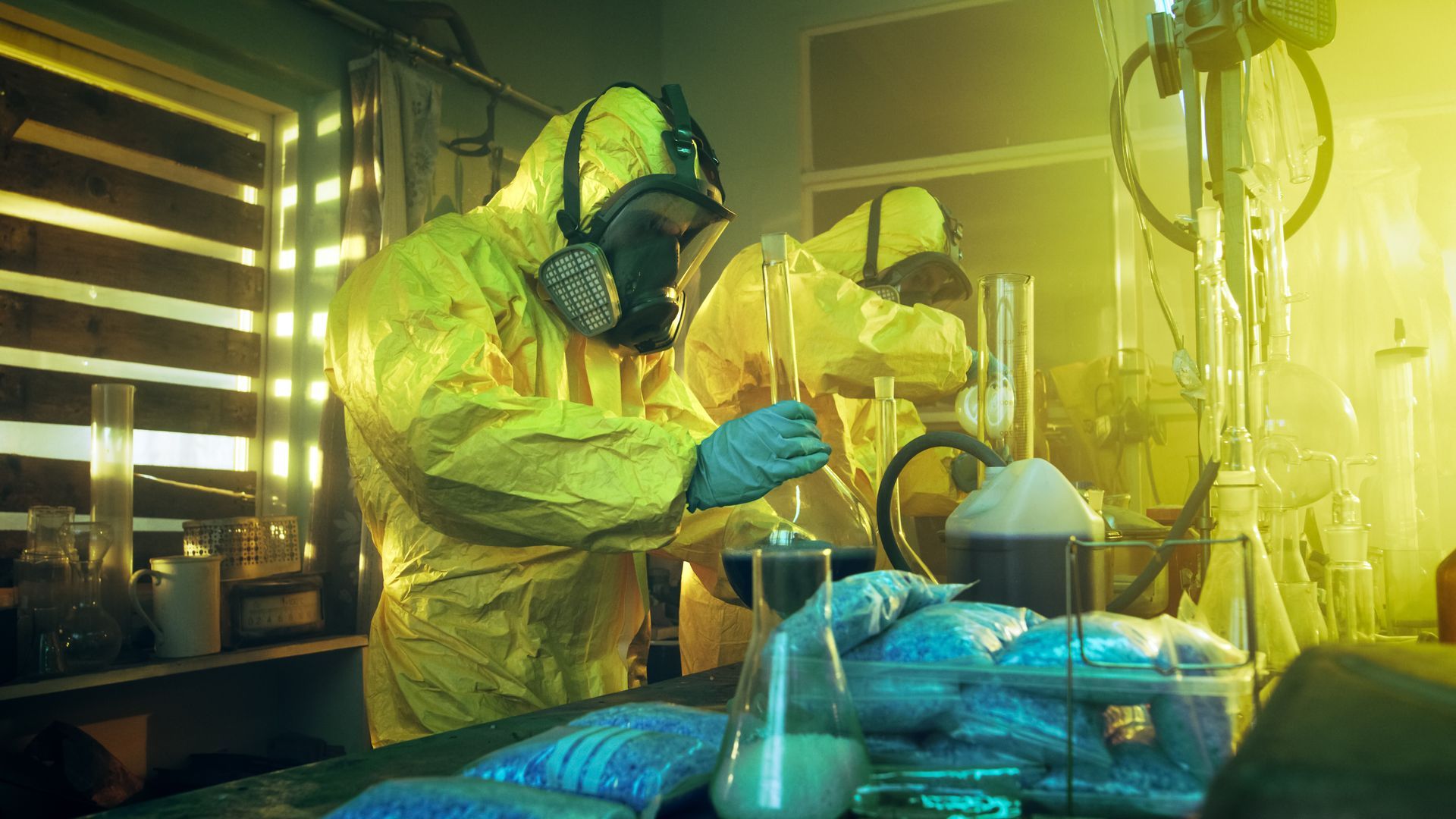How Serious Are Drug Cultivation Penalties in Arizona?

Drug cultivation is treated as a felony offense in Arizona, and can carry serious penalties, even for people who were only loosely involved in the operation. While the most severe consequences are typically reserved for those who were directly growing and distributing large quantities of drugs, the law does not always make clear distinctions between levels of involvement unless you have a strong legal defense.
If you're charged with drug cultivation, your potential sentence depends on several factors, including the type of drug, the amount, your intent (personal use vs. sale), and whether you have any prior convictions.
What Counts as Drug Cultivation or Manufacturing in Arizona?
Under ARS 13-3405 and ARS 13-3407, drug cultivation and manufacturing refer to the growing, producing, or synthesizing of illegal substances. Common charges in this category include:
- Growing marijuana (outside of the legal medical/recreational framework)
- Manufacturing methamphetamine
- Operating a lab for LSD
- Producing psilocybin mushrooms or other plant-based hallucinogens
Simply having grow lights or lab equipment isn’t illegal on its own, but when combined with other signs of drug cultivation, it can lead to serious charges.
Marijuana Cultivation Is Still Illegal in Many Cases
Although Arizona legalized recreational marijuana in 2020, it’s still illegal to grow more than six plants per adult (maximum 12 per household) unless you’re a licensed grower. Growing beyond those limits, or cultivating for sale without a license, is a felony offense.
Conviction can lead to months or years in prison, depending on the classification and whether the offense is considered “for sale.”
Meth, LSD, and Other Drug Labs
Cultivating or manufacturing drugs like methamphetamine, LSD, or synthetic narcotics often leads to Class 2 or Class 3 felony charges, which are among the most serious non-violent offenses in Arizona. Penalties can include:
- 3 to 12.5 years in prison for a first-time Class 3 felony
- 5 to 15 years or more for a Class 2 felony
- Enhanced sentencing for labs located near schools or involving minors
- Mandatory prison time in many cases, especially for manufacturing meth or fentanyl
Because these drugs are considered highly dangerous and addictive, prosecutors are less likely to offer diversion or probation, especially if production was large-scale or tied to distribution.
What If You Weren’t the One Growing?
In many cases, people are charged with drug cultivation even if they weren’t the ones planting or manufacturing. Arizona law allows for broad liability, meaning you can be charged for participating in, assisting with, or benefiting from a cultivation operation—even if your role was limited. People who might face charges include:
- Someone who transports chemicals or fertilizer to a grow site
- A property owner who rents to someone knowing they will use the property for drug cultivation or manufacturing
- A friend or family member who knows about the operation and helps maintain equipment
- Someone who provides lighting, irrigation, or grow supplies with full knowledge of their intended use
Even if you weren’t directly involved in planting or harvesting, prosecutors may argue you were part of the operation and charge you as such. The penalties may be lower, but you could still face a felony conviction, probation, or prison time.
Prior Convictions and Other Aggravating Factors
The penalties for drug cultivation increase significantly if you have prior felony convictions, especially for drug offenses. Other factors that can enhance sentencing include:
- Cultivating near a school or public park
- Involving minors in the operation
- Possessing weapons during the offense
- Evidence of large-scale distribution
In these situations, mandatory prison time is more likely, and you may face additional charges like possession with intent to sell or endangerment.
Defenses Against Cultivation Charges
A strong defense strategy can potentially lead to some charges being reduced or dismissed, or open the door for a plea deal, especially if:
- You had no knowledge of the grow or your role was mischaracterized
- There was no intent to distribute (for example, plants grown for personal use within legal limits)
- Law enforcement violated your constitutional rights during a search or arrest
- The materials found were not actually drugs or capable of producing drugs
In some cases, it’s possible to negotiate the charges down to a lower class felony or to a charge that qualifies for probation, especially if you’re a first-time offender and the case does not involve dangerous drugs.
Talk to a Phoenix Criminal Defense Attorney Before You Assume the Worst
Drug cultivation charges in Arizona carry serious weight, but the outcome of your case depends heavily on the facts and your legal defense. Whether you’re being accused of running a large operation or were just caught up on the edges of someone else’s grow, it’s likely in your best interest to speak with a criminal defense lawyer as soon as possible.
Arizona Board-Certified Criminal Defense attorney Michael Alarid III is prepared to fight for you. Request a free consultation by calling (602) 818-3110.



